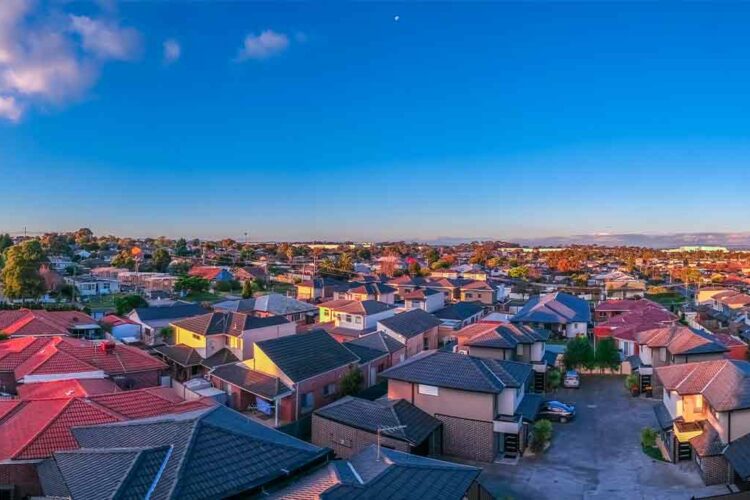Recently welcoming the changes coming to the RBA, the Real Estate Institute of Australia (REIA) has urged the central bank to hold the cash rate steady for now.
With the latest figures showing the rate of inflation on a definite slowdown, REIA president Hayden Groves said there’s reason to consider a further pause on rate rises.
The latest data from the Australian Bureau of Statistics (ABS) put the Consumer Price Index (CPI) just 1.4 per cent higher in the March quarter of 2023 and 7.0 per cent higher over the past 12 months, representing a slowing of the recent brisk pace of inflation that spurred the RBA to act with 10 consecutive cash rate rises beginning in May 2022.
The previous quarter to December 2022 recorded a 12-month increase of 7.8 per cent. The March quarter’s results were the lowest quarterly increase since the December quarter of 2021.
Mr Groves commented that existing rises were largely driven by rising costs across healthcare, education, fuel and holidays.
“The most significant price rises were medical and hospital services, up 4.2 per cent, tertiary education, up 9.7 per cent, gas and other household fuels, up 14.3 per cent, and domestic holiday travel and accommodation, up 4.7 per cent,” Mr Groves said.
Meanwhile, he noted, the rate of price growth for new dwellings has continued to ease this quarter, which he said reflected “improvements in the supply of construction materials and an easing in demand”.
The cost of rent, however, continues to rise sharply.
“Rents increased by 4.9 per cent annually on a weighted capital city basis, the largest annual rise since 2010, and compared to 4.0 per cent for the 12 months to December. In Sydney and Melbourne, the annual increases were 4.8 per cent and 3.1 per cent, respectively. These are the largest annual increases since 2012. Annual growth in rent prices for the remaining capital cities continues to outpace price growth in Sydney and Melbourne,” Mr Groves said.
He noted that the measure of rents in the CPI includes prices for both the public and private rental market and accounts for rental assistance in the private rental market and is therefore lower than the rate of rental inflation for purely private market homes.
With all that in mind, Mr Groves said that the figures suggested the RBA could continue to track the data without another cash rate rise.
“With the CPI having peaked late last year as was forecast by the RBA, it is time for it to continue to keep a pause on further rate rises at its meeting next week, allowing additional time to consider additional data showing the lagged impact of the previous 10 rate increases and assess the outlook for the economy,” he said.
Yet many analysts predict that in light of the recent data, the RBA will continue with rate rises in the May meeting, even in the wake of a raft of recommendations following a review that are intended to change how the body makes monetary decisions.
The report, An RBA fit for the future, was released last week and, among other recommendations, advised that the institution should be split into two boards, with a panel to handle interest rates and one dealing with currency issuance and other tasks. The board will also meet less often, to give it time to reflect on previous decisions and take advice.
The news was welcomed by the REIA, with Mr Groves commenting that “the broadening of the objectives to include employment, the appointment of external economists specialising in macroeconomics, finance and the labour market, a reduction in the frequency of meetings, and increased collaboration with Treasury will lead to better decisions and economic and personal outcomes”.


